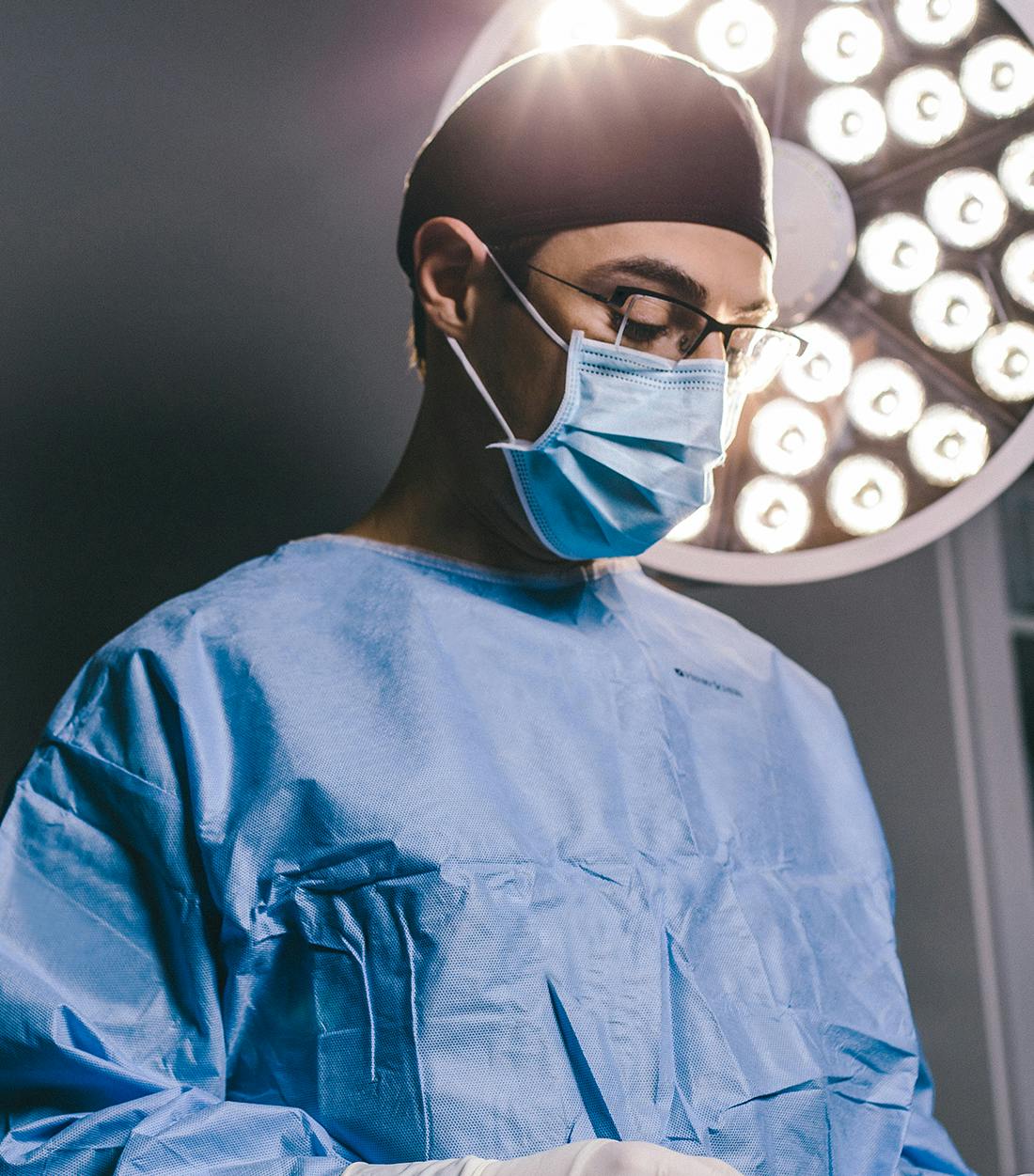Craniofacial plastic surgery refers to a wide range of procedures that can address a number of issues relating to the head and face. Dr. Mark Fisher offers a uniquely high level of fellowship training, enabling him to create impressive results that restore his adult and pediatric patients’ quality of life.
Restoring Your Full Quality of Life
Given that craniofacial reconstructive surgery is a blanket term, no two surgeries are ever exactly the same. Instead of using a one-size-fits-all approach, Dr. Fisher prefers to work closely with his patients. He’ll get to know the concerns and issues that brought you or your child to him and will work together with you to develop a tailored treatment plan.
Dr. Fisher will explore everything you might need to know, talking you through details about the procedure itself, explaining incision placements, and detailing your aftercare instructions. This will also be your chance to ask any questions you might have about the surgery. The goal is to ensure your comfort and keep you informed, every step of the way.
Depending on the extent of the procedure, craniofacial surgery is often performed at the hospital under general anesthesia, although some procedures such as nasal fractures are done on an outpatient basis. Depending on the type and extent of surgery, you or your child may need to remain under observation for a few days, or may go home the same day.









